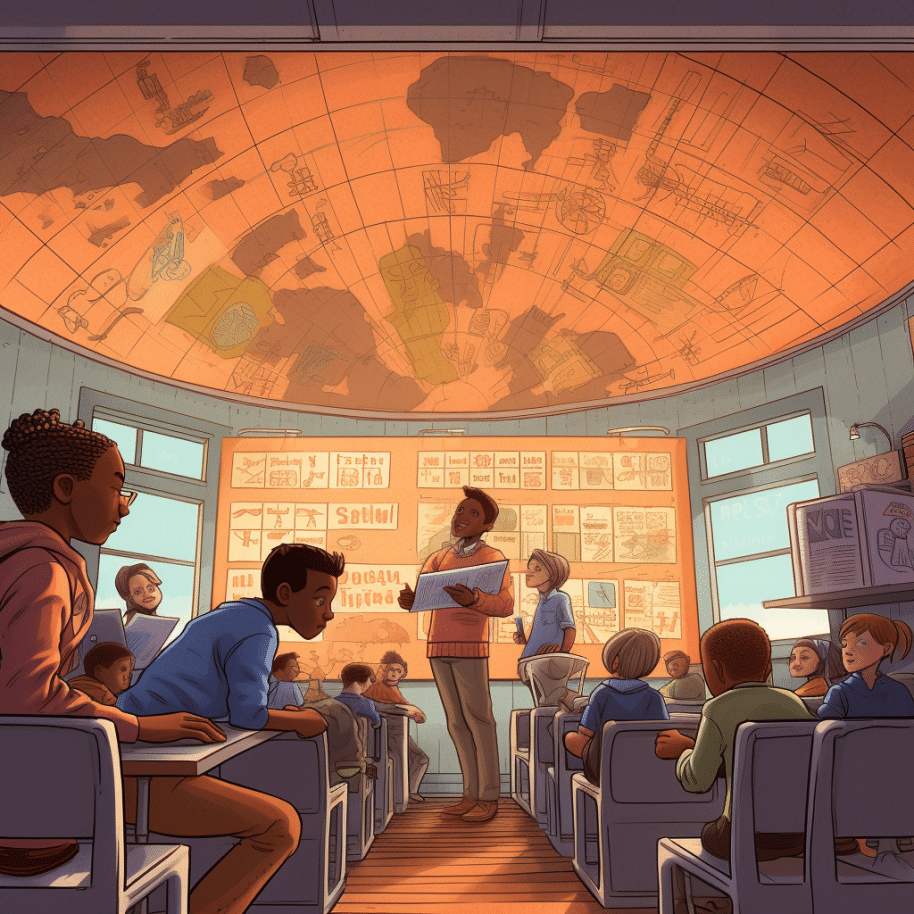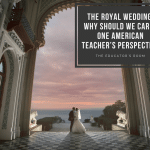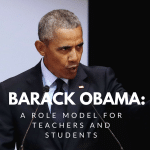There is no doubt that the neglect of science, technology, engineering, and mathematics – better known as STEM in educational circles – has come at our own peril.
Our students’ achievement in mathematics is surely not where other Americans expect it to be, and the comfort of anyone saying “I hate math” is embarrassing.
As we seek to improve ourselves and our aging infrastructure all across the planet, we’ll need to do things smarter, stronger, and cheaper — and engineers are the ones who make that happen.
Americans have created some of the most important and transformational technology on the planet, from the late 19th-century telephone and electrical wiring to the Internet and smartphone today. And as we learned in the Colonial Pipeline Cyberattack last week, we certainly have more to learn and produce.
And as a parent of 2 boys, I cannot find a more fun and thought-provoking subject to teach to my own children than science. The look on their faces when we connect circuits, talk about gravity, or experiment in chemistry is a blast.
But public education is more than focusing on these four fields. For that reason, I’m not saying we need to stop focusing on STEM; I’m simply saying we can’t forget about our BRANCHES of the humanities, which are:
BUSINESS
The American ethos has been centered on small businesses. One made their mark by learning a job until they felt confident enough to find a problem, start a business to solve it, hired people to join them, and then put their names on the door to the corner office. Prior to 2020, when the COVID crisis encouraged others to launch more new businesses than at any time in the last two decades, small business ownership and dreams have been dashed. It’s time to refocus our efforts on this and to teach kids how math is applicable in the real world (and not worth their ire).
READING + LANGUAGE
I would be surprised how few of my 8th-grade students read on a regular basis, but I simply have to remind myself how apathetic I was as a teen. Why aren’t more classes focused on the classics and the “cool, new reads?” And English is such a masterful language, why don’t we encourage regular learning to improve one’s ability to speak so that they don’t have to use “cool, new” when offering a description?
ARTS + MUSIC
There are no teachers more nervous about furloughs (being laid off) than teachers of some of our most creative subjects. At many schools, these teachers are the ones who compel students to get up and attend school every morning. To have a class period to mold clay, to paint, to sing (it’s the reason I still haven’t been able to get Red Hot Chili Peppers’ “Under the Bridge” out of my head since 7th grade), their jobs are absolutely vital to our creative economy. What’s an iPhone if it doesn’t look and feel great?
NUTRITION + EXERCISE
The Center for Disease Control (CDC – yes, it’s more than just your COVID agency) recommends that school-age children receive at least 60 minutes of exercise 3 days a week. However, only 24% of children get that. As video games increase in popularity and the American diet enters a processed-foods-free-fall, childhood obesity – something never heard of – now impacts 1 in 5 children. That has increased most rapidly in the last year of COVID, with children ages 5-9 rising a whopping 2.6%. If we want the next generation to be physically healthy, we have to stop neglecting Family Consumer Science and Physical Education.
COMMUNICATIONS
The world operates on email, social media, and other forms of online communication. Not only do young adults not know how to communicate with their teachers (I got a “HeyYo” message this week, actually), they don’t particularly know how to communicate with one another or with a prospective employer. Additionally, students have no idea how to use a keyboard – more and more districts are cutting this from their curriculum – or separating fact from fiction in the news.
HISTORY + SOCIAL SCIENCES
After my article on the January 6th insurrection at the U.S. Capitol, I shared suggestions on what social studies teachers had to do next. That future-looking stance prompted a few local news agencies to ask me instead, “how the heck we got here,” to which I stated that social studies is hardly a point of emphasis in elementary schools – it’s reached only if the teacher finishes math and reading, important concepts, no doubt. But when our country – the self-professed greatest democracy on Earth – can’t properly inspect sources, think about facts influencing opinion (and not the other way around), and, most importantly, cannot properly speak with those who disagree with them, well then we need to refocus not just what we teach, but how we do it to encourage upper-level thought processes.
EDUCATION
Many educators, myself included, speak a good game about being “lifelong learners.” But if my math is correct (43 minutes a day, for 180 days of a school year), my students and I share an 8-hour workday for 16 days a year. I think most teachers do a wonderful job in that abbreviated time, but the school day cannot and should not be the only time children are learning. We should prioritize how we encourage kids to learn on their time, especially with all the distractions that don’t.
Not to mention we need to encourage kids from all walks of life to enter our profession, not just careers in STEM.
SPECIALTIES
Lastly, there are so many incredible and dynamic individuals who work in the educational setting that hardly get their due recognition. This starts with the verbal behavior special ed teacher down the hall from me who has a child who pulls on her hair and yells in her face, and she keeps calm and happy to the support specialists who turn kids like me, who struggled to work through difficulties, into well-rounded students. To the school counselors who build schedules, speak about programs, and offer one-on-one services. To the shop teachers who give those “learners by doing” – by far the most popular way for kids to learn – their time. To the ESL teachers who help our English-Language learners keep their culture while learning our own. And so many more.
Again, the point of this article is not to denigrate the STEM classes. I just don’t want us to lose sight of our BRANCHES humanities, either. Otherwise, that, too, will be our own peril.







The one thing you left out was world languages/ASL. The US has always lagged behind in language study and as the world becomes more global, languages become more important. Even if you argue that most countries learn English, the study of another language is vital to understanding the culture of another country. Language learners quickly come to realize that not everyone does things the way we do in the US and that even word choice can teach a lot about how other people see the world. This sort of empathy can go a long way in fostering friendship and understanding.